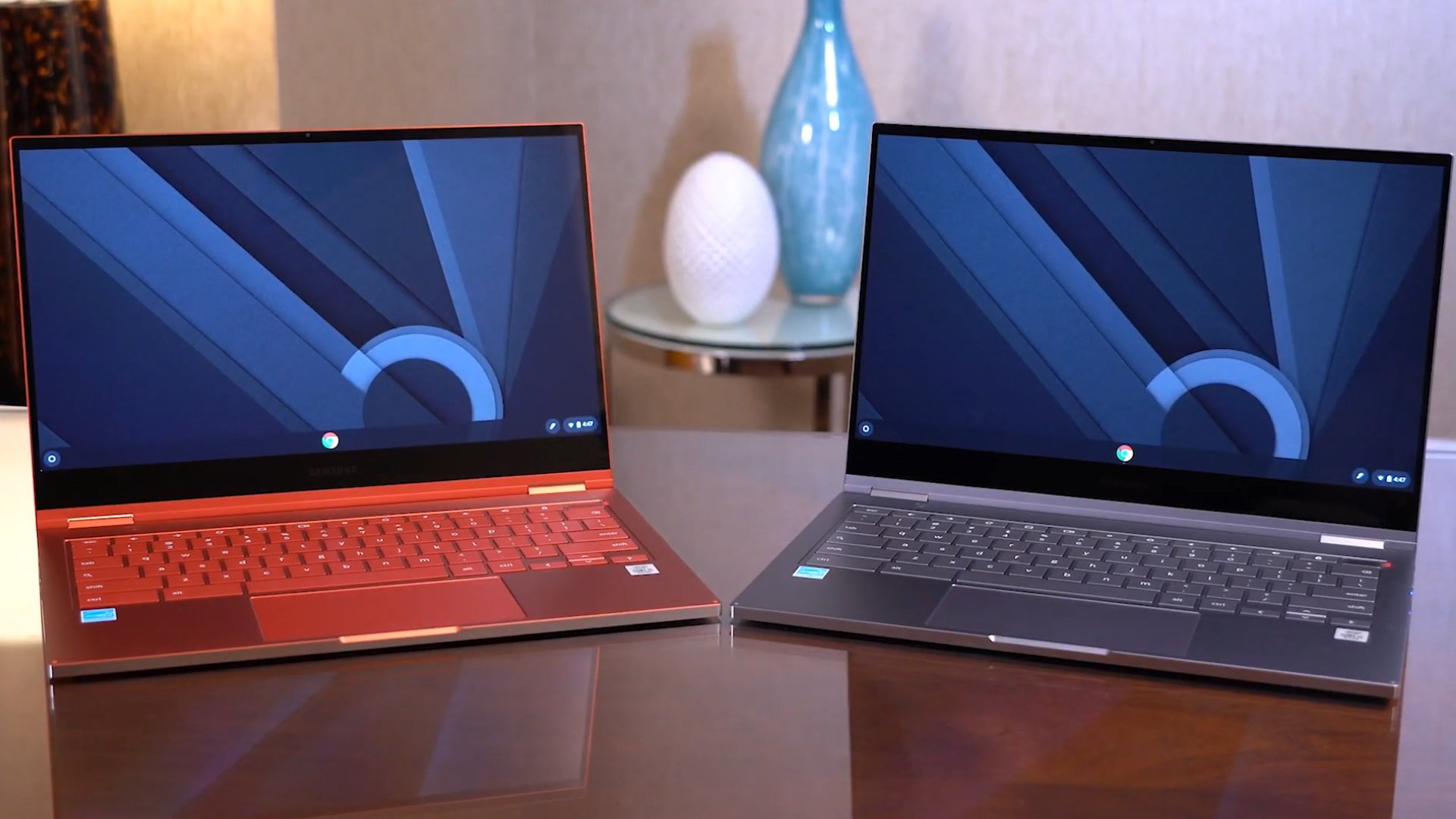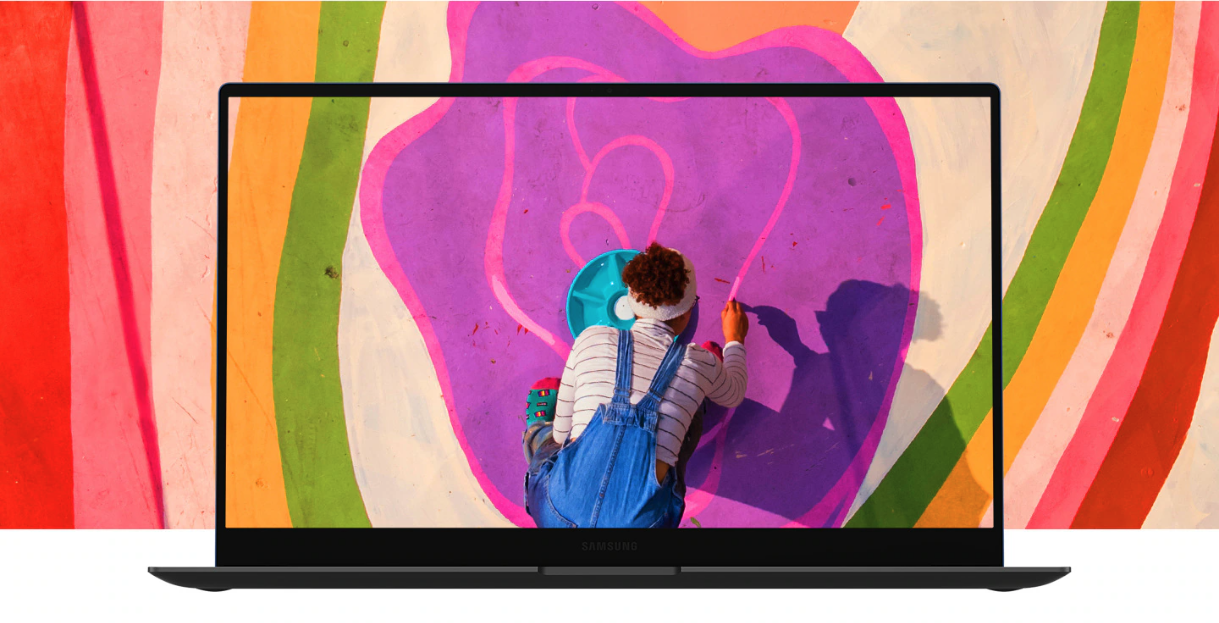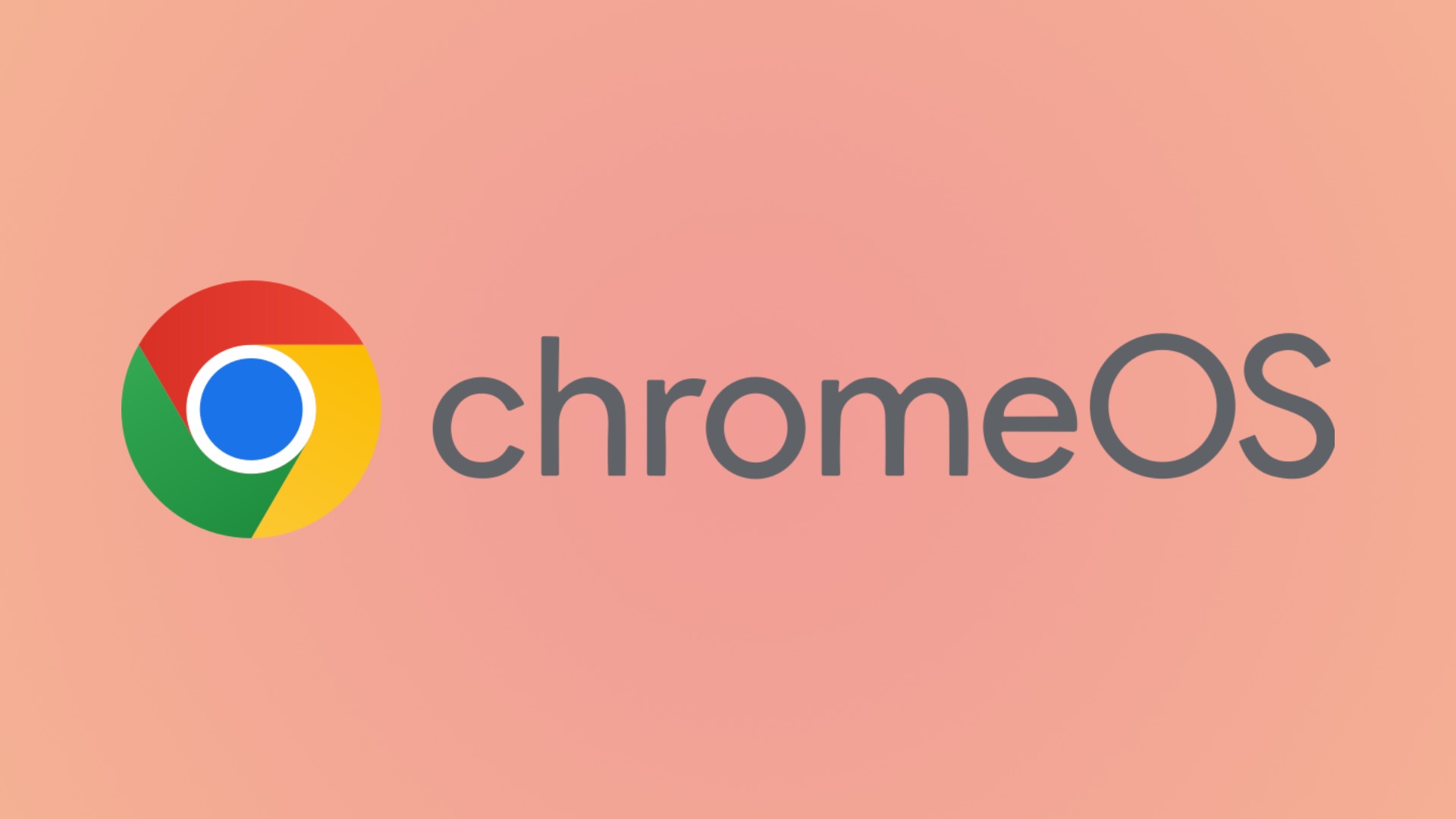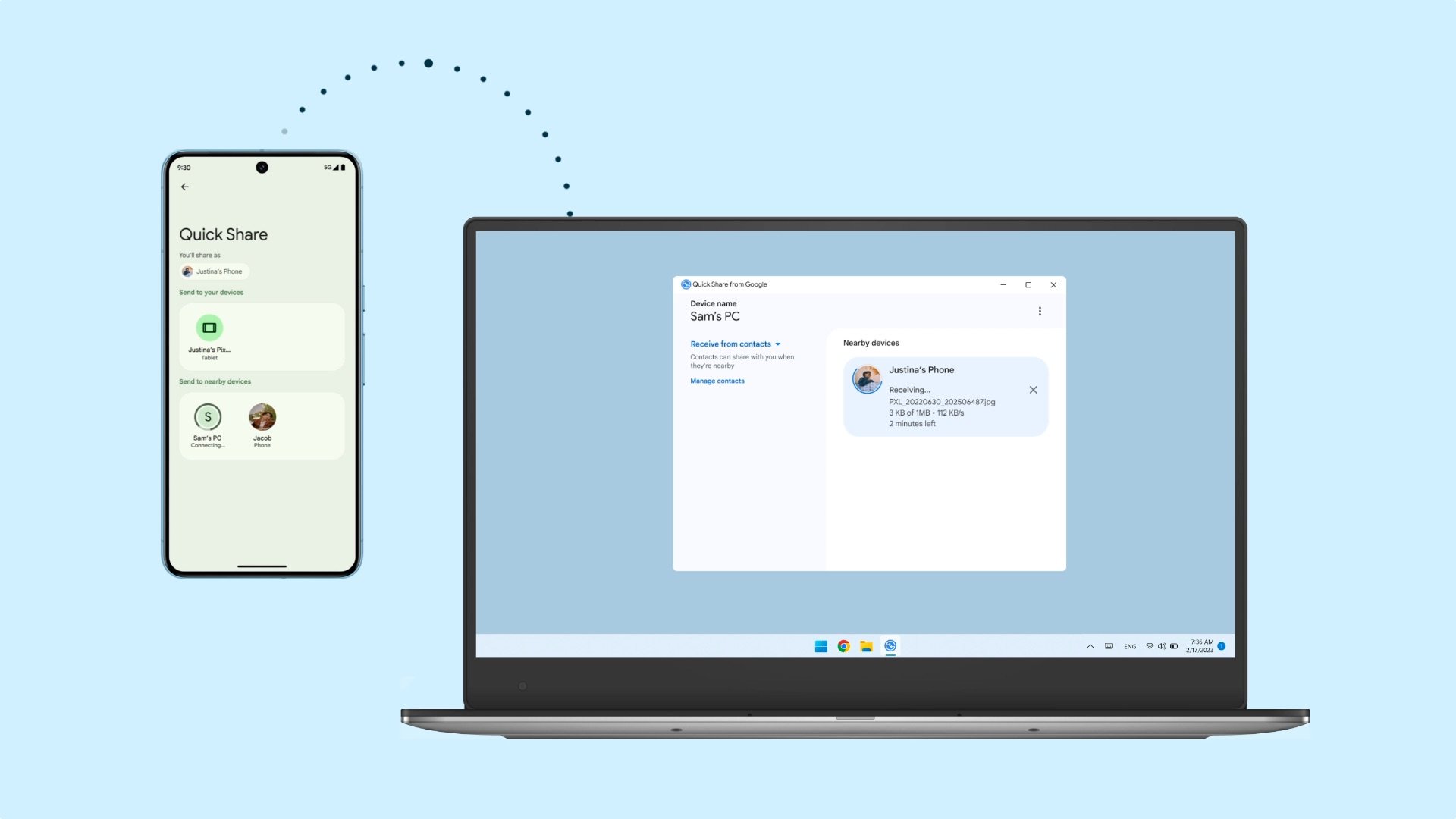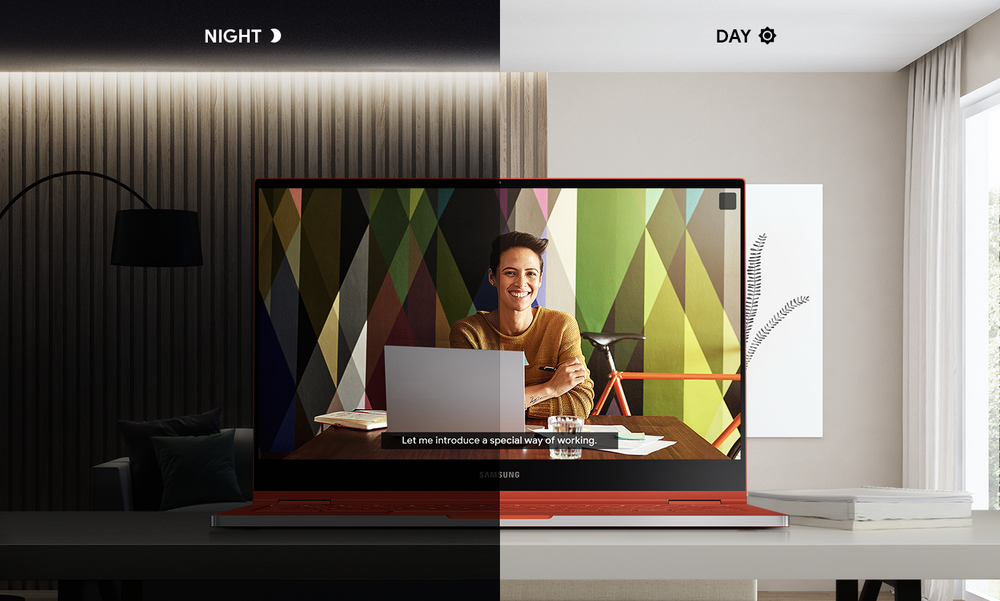
Whenever it comes to obscure mentions of experimental Chromebook configurations, it bears repeating how there are no guarantees that this Nightfury will ever amount to a commercial product.
Nightfury unlikely to be a flagship Chromebook
With that said, it seems likely that any pioneering Chromebook implementation of QLED will be far detached from anything that could be considered a remotely premium device. If Samsung intended to gradually introduce QLED panels to its Chromebook portfolio, it's feasible to assume it would start with low-end devices. Because on the other end of the spectrum, a high-end QLED Chromebook doesn't really make sense with the current state of tech; AMOLED displays deliver better sharpness and contrast, which is what you'd want for highlighting a high-resolution screen.
The advantage of QLED panels comes down to Samsung's ability to produce them for cheaper and their higher theoretical peak brightness lending itself to better HDR support. But that cost-effectiveness factor will surely remain a far larger concern for the time being, especially given the number of efficiency nightmares Samsung is guaranteed to be dealing with in 2020.












